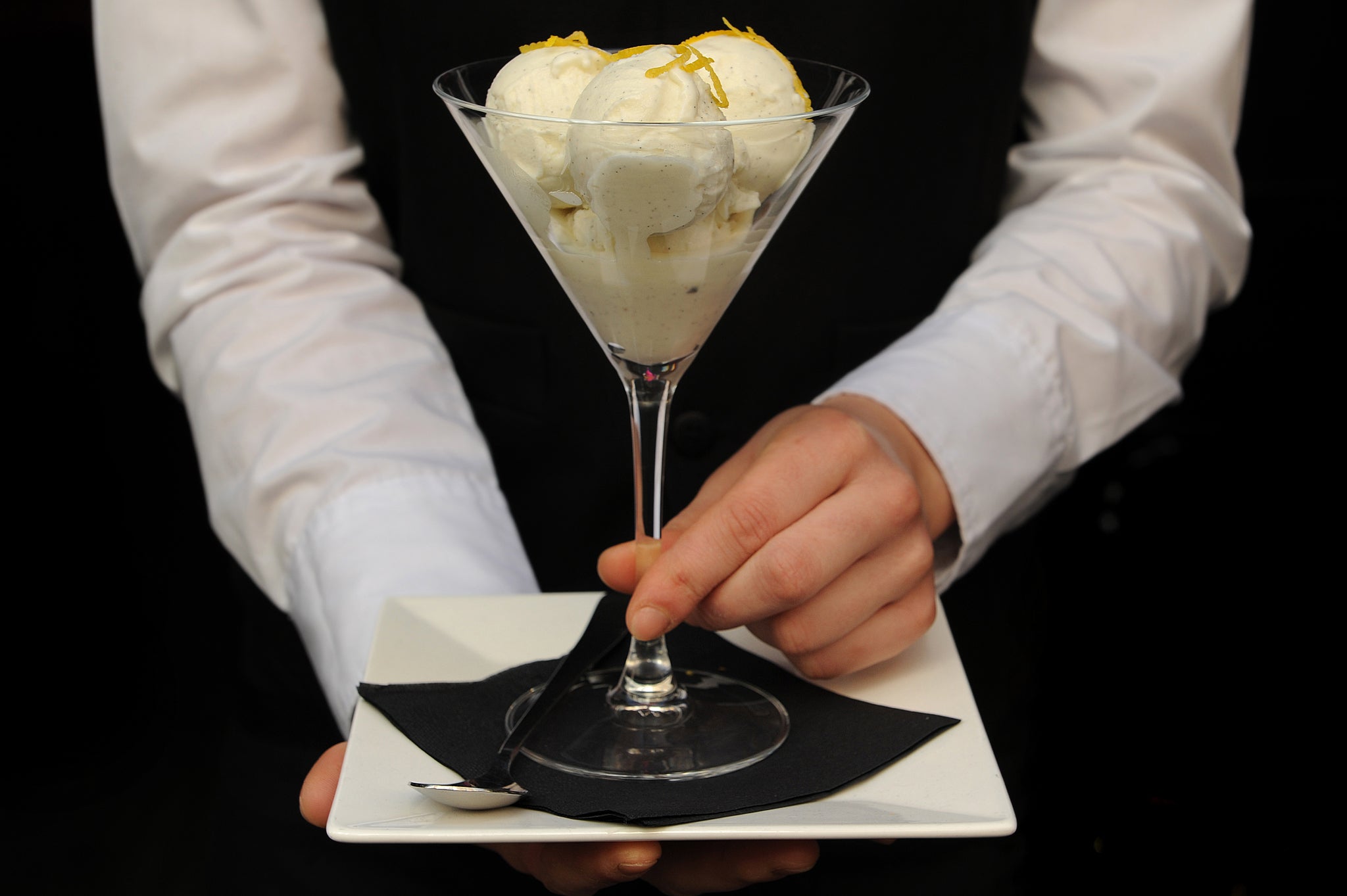Bodybuilders drinking human breast milk at risk from coming into contact with HIV, hepatitis and syphilis, medical journal warns
The report concluded that drinking human milk has no health benefits for adults, and poses more risks than benefits

Adults buying breast milk online risk coming into contact with infectious diseases such as hepatitis, syphilis, and even HIV, according to a major medical journal
The article from the journal of the Royal Society of Medicine, entitled 'More than a lucrative liquid: the risks for adult consumers of human break milk bought from the online market', is written by Dr Sarah Steele, a lecturer at Queen Mary University of London.

It warns would-be breast milk drinkers of the dangers of consuming human breast milk ordered over the internet. Dr Steele writes that the lack of pasteurisation and testing not only exposes consumers to bacteria, but could also bring them into contact with dangerous diseases.
Consuming human breast milk is something of a niche craze at the moment, and is gaining in popularity amongst bodybuilders, foodies, and even cancer sufferers, mostly due to the erroneous belief that it is a protein-rich 'superfood', an all-natural alternative to processed, 'man made' health products.
In fact, human milk contains less protein than cow's milk, there's no scientific study that shows adult consumption of it leads to health benefits, and it could be contaminated, impure, or downright dangerous to consume.
Far from being pure and natural, Dr Steele writes that breast milk can easily become contaminated with potentially harmful products that the producer has consumed.
"Alcohol, drugs (both prescription and illicit), tobacco and caffeine pass into the milk alongside other environmental contaminants, meaning chemicals and toxins that those seeking 'to eat clean' are themselves shunning."
Even if the producer is organic, free-range and hand-reared, there's potentially more danger: as milk is often sold by the ounce, some mothers choose to bulk out their milk with cow's milk, soy milk, or water. And if they are selling to a number of people, they may be storing their milk in bottles containing Bisphenol A - a chemical linked to health problems that is banned from use in infant bottles in the EU.

Most worrying, however, is the potential to transmit disease. Dr Steele writes that while many breast milk sellers say they have been tested for viruses during pregnancy, they fail to realise that screening needs to happen regularly, in case of a false negative result.
She adds that sexual activities after the birth may expose women to viruses that can be passed on through breast milk — viruses such as hepatitis B and C, HIV and syphilis, that sellers could "unwittingly pass on to consumers of the milk."
Breast milk is easy to buy online, and there's plenty of websites catering to those who wish to buy it, whether they be mothers, bodybuilders or even fetishists.
Read more: 10 per cent of online breast milk is cow's milk
Missing runner survives by drinking her own breast milk
One advert, posted by a woman in Manchester, offers four ounces of breast milk for £20. That's around 120 millilitres of milk, or around a fifth of a pint.
The editorial concludes by saying that breast milk purchased online is "not optimal for adult nutrition or in the treatment of disease", and adds that it "poses more risks than proven benefits."
Join our commenting forum
Join thought-provoking conversations, follow other Independent readers and see their replies
Comments
Bookmark popover
Removed from bookmarks